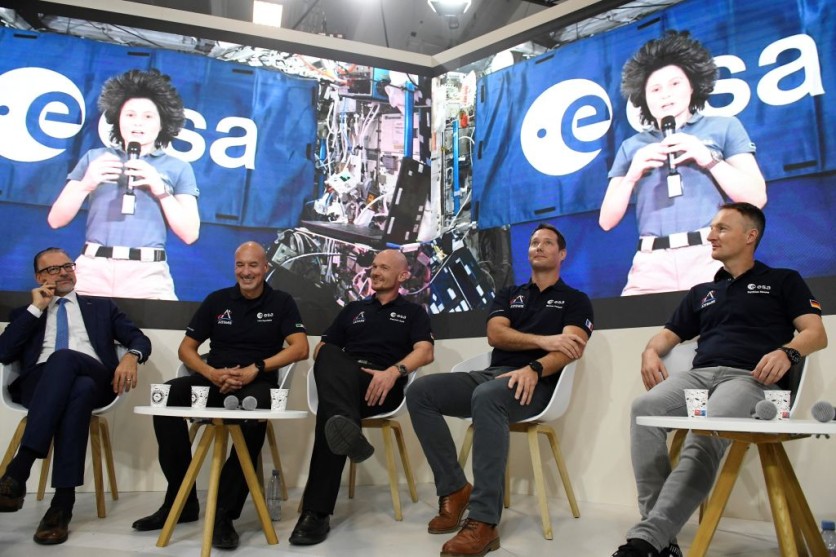The European Space Agency (ESA) will approve a three-year study that will help determine whether sending solar farms into space could help meet energy demands globally, according to BBC.

The study involves launching a space-based solar power plant into a geostationary orbit over the Earth set in a location where the Sun will hit 24/7. If things go to plan, we could harvest huge amounts of energy from space soon that will power millions of homes all over the world.
The Solaris
The study is part of ESA's space-based solar power initiative, the Solaris. Research ministers will discuss the idea and consider other proposals before they set a budget for the next phase of the development, according to Interesting Engineering.
The Solaris program's mission is to test and research the technology needed to generate energy in space through microwave beams. This has been shown to work over small distances, which was demonstrated in September at Airbus' HQ in Munich, where engineers successfully sent 2 KW of energy collected by solar panels to collectors over 30 meters away.
Now, the next step is to know if this can be done for over 22,000 miles at which geostationary satellites usually orbit above our planet.
ESA is optimistic that if it's successful, it could solve many problems worldwide. It also comes at the perfect timing as the world is now turning more to renewable energy technologies as the Russie-Ukraine war intensifies the energy crisis in various parts of the world.
Space-Based Solar Power
The idea isn't new; in fact, it has been around for years. However, it is only recently that space-based solar power was viewed to be too expensive and challenging. Fortunately, there have been significant reductions in launch costs, thanks to SpaceX and RocketLab, along with new advances in robotic manufacturing that now calls to revisit the idea of solar space farming.
A space-based solar farm will have its bonuses as to why it can be a viable energy source over the Earth. The energy will be converted into electricity using the same methods we use on Earth. The ground-based tracking technology will help the space-based solar farm follow the Sun as it moves across the sky.
The concept is simple, think about energy harvesting without limits. To get the highest energy output, solar panels would be placed in a space-based solar power plant in geostationary orbit, 36,000 km above Earth, equipped with tracking equipment that allows the solar panels to follow the Sun.
It would be able to send space-based solar power 24/7 to anywhere, anywhere in the world. There would be no more nights so long as the solar panels were above the horizon. Overall, it is an exciting prospect that could provide a clean source of renewable energy to all countries, which will help our planet become a better, cleaner place.
Written by April Fowell
This article is owned by TechTimes
ⓒ 2026 TECHTIMES.com All rights reserved. Do not reproduce without permission.




